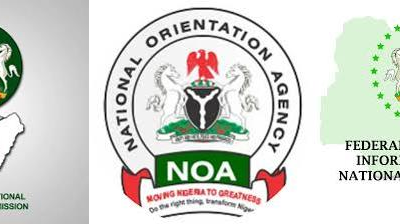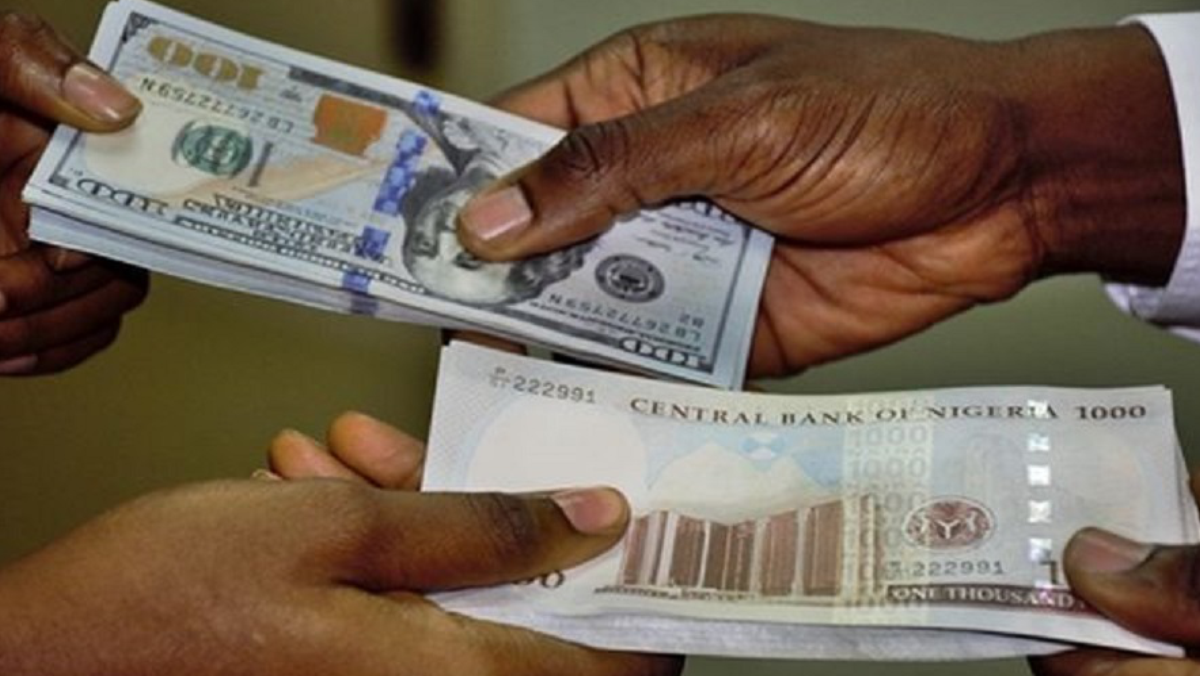The Nigerian naira experienced a slight decline against the U.S. dollar at the official window on Tuesday, January 14, 2025.
According to data from the Financial Markets Dealers Quotations (FMDQ), the naira depreciated by N0.76, trading at N1,549.65 to the dollar, compared to the previous day’s rate of N1,548.89/$1.
This minor slip in the official rate reflects the ongoing fluctuations in the Nigerian currency market, which experts attribute to various factors, including global oil prices, domestic economic conditions, and the Central Bank of Nigeria’s (CBN) monetary policies.
Despite the official depreciation, the naira saw a gain of N7 in the parallel or black market, where it traded at N1,660/$1 on Tuesday, up from N1,667/$1 on Monday.
Experts suggest that the black market rate remains volatile, often diverging from official rates due to lower liquidity and higher demand for foreign currencies among businesses and individuals.
Dr. Adebayo Okunade, an economist with the Lagos-based Centre for Economic Development, explains that the disparity between the official and black market rates is reflective of the broader liquidity challenges within the Nigerian foreign exchange market.
READ ALSO: Naira weakens further, hits N1,544.50/$1 on official market, N1,647/$1 in parallel trade
“While the official rate may fluctuate slightly due to external and internal pressures, the black market is often influenced by speculative trading, scarcity of dollars, and unmet demand for foreign currency,” he said.
The naira also showed mixed performance against other major currencies. In the black market, it gained N50 against the British Pound, trading at N2,080/£1, up from N2,130/£1 on Monday.
Similarly, the naira strengthened against the Euro, gaining N10 to trade at ₦1,690/€1, compared to the previous rate of ₦1,700/€1.
The naira, however, remained stable against the Canadian Dollar, holding at N1,280/CA$1, with no significant changes recorded.
Experts believe that the Central Bank of Nigeria’s intervention in the currency market will continue to play a critical role in managing the exchange rate fluctuations.
“The CBN’s monetary policies, including the management of foreign exchange reserves and interest rates, are essential in influencing the value of the naira,” said Dr. Okunade.
Overall, while the naira experienced minor volatility at the official market on Tuesday, it displayed some resilience in the parallel market, offering a mixed picture of the current state of Nigeria’s currency exchange landscape.

 Comments and Issues1 week ago
Comments and Issues1 week ago
 Education1 week ago
Education1 week ago
 Comments and Issues1 week ago
Comments and Issues1 week ago
 Energy1 week ago
Energy1 week ago
 Comments and Issues7 days ago
Comments and Issues7 days ago
 Comments and Issues6 days ago
Comments and Issues6 days ago
 Football1 week ago
Football1 week ago
 Health6 days ago
Health6 days ago

